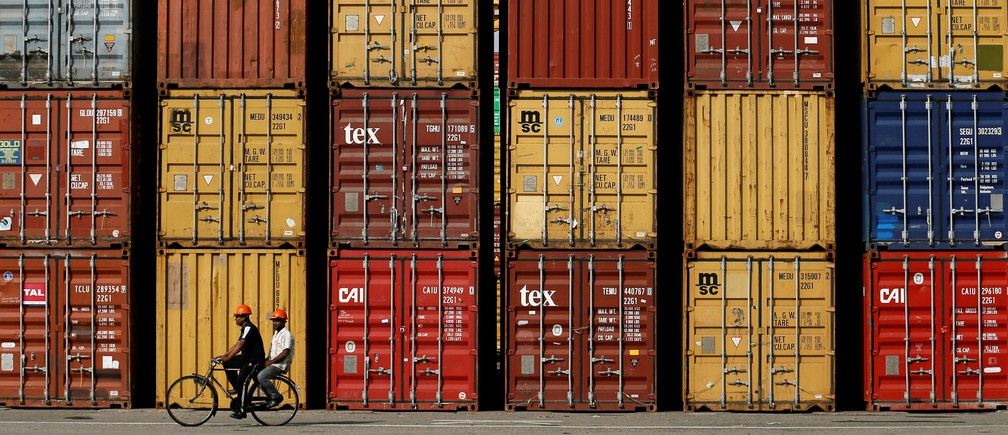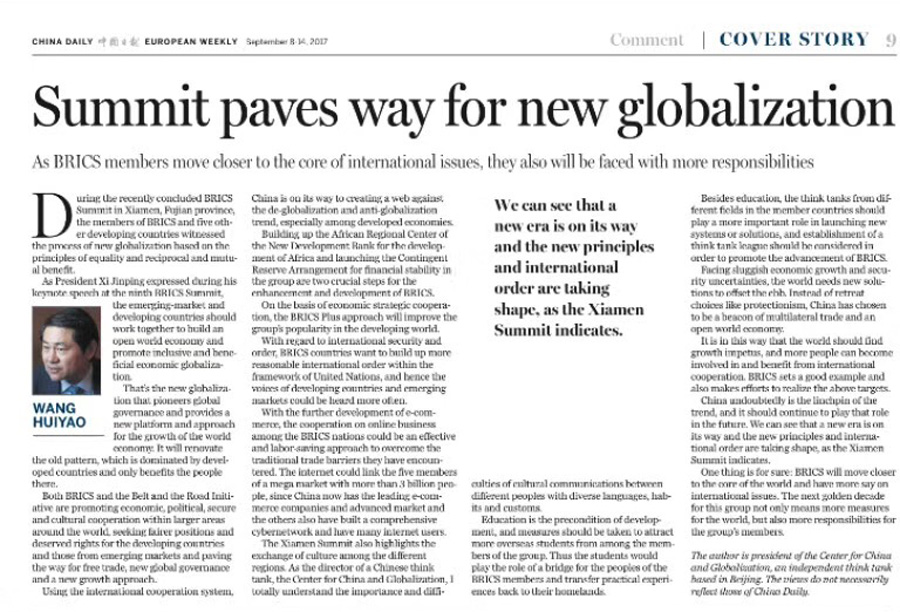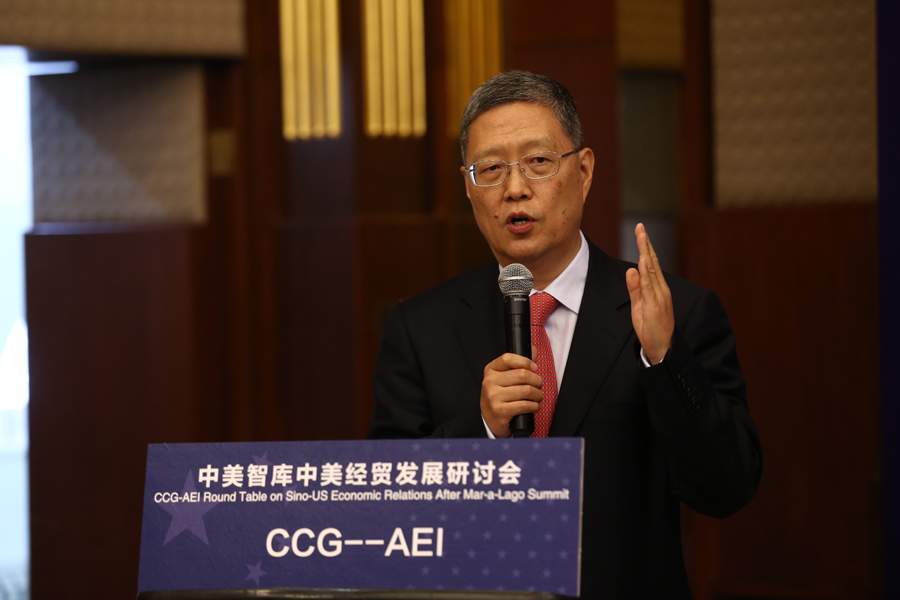CCG continues to conduct two-way research on corporate globalization, the "go global" movement and inwards investment. Our research includes topics including U.S.-China trade, international trade, inbound investment, outbound investment and digital trade in an international context.
CCG is constantly looking for more ways to promote global free trade and has taken the lead in promoting China's participation in the CPTPP and publishing a series of relevant research reports. In addition, CCG's research team compiles and publishes the only Chinese blue book report on the globalization of Chinese enterprises: Chinese Enterprises Globalization, published by China Academy of Social Sciences Press.
CCG has also published a series of books on the globalization of enterprises in both English and Chinese, including Report on Development of Overseas Chinese Entrepreneurs, Rising Tide: 40 Years of Chinese Enterprises Going Global, China Goes Global and The Globalization of Chinese Enterprises. CCG also holds the China Outbound-inbound Forum, the most influential forum in China focusing on the development and globalization of enterprises.
CCG has set up several sub-forums on international issues related to international trade and investment, gathering leaders of multinational enterprises, ambassadors to China, former government officials, heads of international organizations and chambers of commerce, experts from top international think tanks and other influential people from home and abroad. In-depth discussion with renowned scholars has helped to develop the event into a high-end international forum for promoting the globalization of enterprises.
-

Cheng Shuaihua: 3 things the G20 can do to save the WTO
This week, trade and investment ministers from the G20 will gather at Mar del Plata in Argentina for the first time since the tariff dispute started in the spring of 2018.
September 14 , 2018 -

Wang Huiyao: Summit paves way for new globalization
As BRICS members move closer to the core of international issues, they also will be faced with more responsibilities During the recently concluded BRICS Summit in Xiamen, Fujian province, the members of BRICS and five other developing countries witnessed the process of new globalization based on the principles of equality and reciprocal and mutual benefit. As President Xi Jinping expressed during his keynote speech at the ninth BRICS Summit, the emerging-market and developing countries should work together to build an open world economy and promote inclusive and beneficial economic globalization.
September 11 , 2017 -

Sun Zhe: Reciprocal thinking should prevail
Sun Zhe, an acdemic adivisor of the Center for China and Globalization (CCG) and director of the Center of China-US Relations at Tsinghua University. Intellectual property has been a constant issue in China-US trade disputes since the 1980s, a time when the US and Japan were locked in an enduring trade war over steel, intellectual property and automobiles. During those days Robert Lighthizer, incumbent US Trade Representative, established his credentials by leading a campaign of voluntary restraint agreements, countervailing duties and anti-dumping duties against Japanese imports. He might try to do the same against China.
August 24 , 2017 -

Wang Huiyao: G20 summit stresses unity and inclusiveness
On July 7 and 8, the 12th G20 summit took place in Hamburg, where governments from 20 major economies gathered. The delicate diplomatic waltz didn’t hide the stormy discord between world leaders. Host Chancellor Angela Merkel had previously slammed President Donald Trump’s withdrawal of the US from the Paris Agreement. UK Prime Minister Theresa May continuously looked for allies in the face of Brexit. The relationships between China, the US and Europe have become increasingly unpredictable, and the 12th G20 summit was doubtlessly a collision between globalization and anti-globalization.
July 12 , 2017 -

He Yafei: Sino-US relations crucial to global peace and growth
Many historic changes are due to globalization and global governance, with uncertainties rising in geopolitics adding to the tensions between major powers. Therefore, many ask the question like what could be done to re-calibrate global governance to fix the woes plaguing the world economy.
May 28 , 2017


